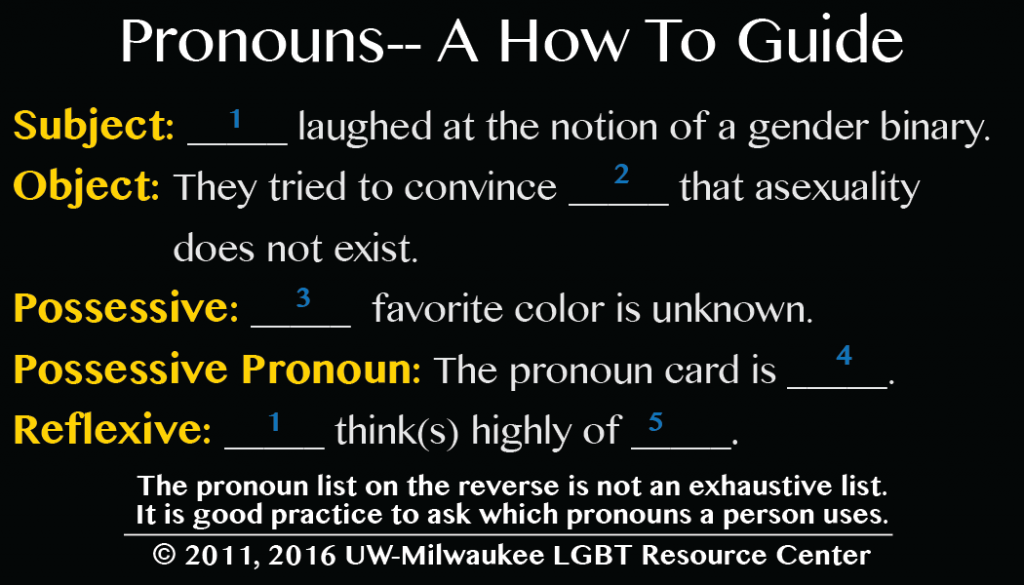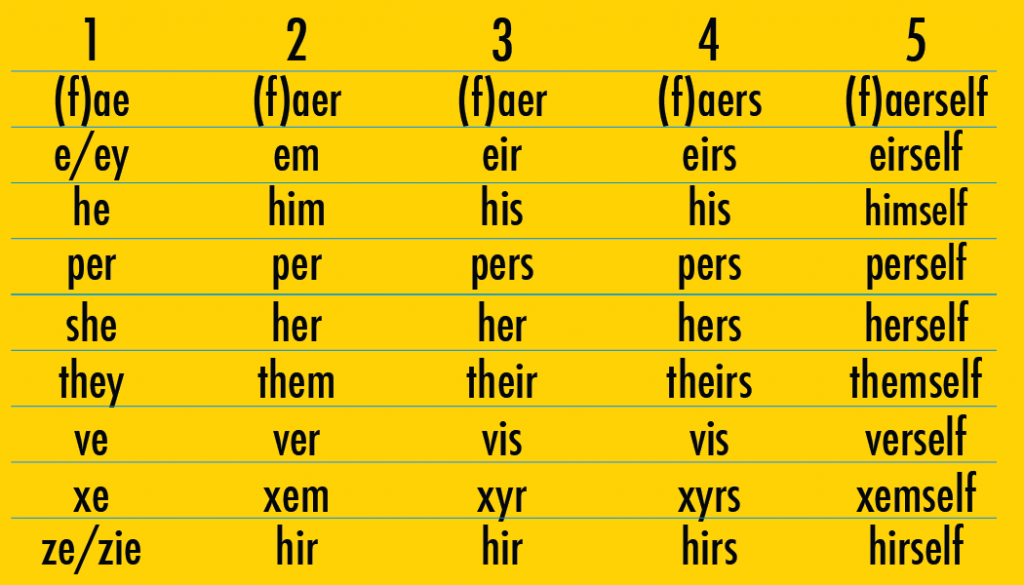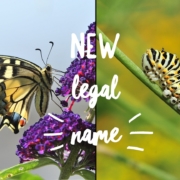Cordover & Gaies Present on LGBTQ Families & Relationships
On August 11, 2017, psychologist and collaborative facilitator Jeremy Gaies joined collaborative attorney and mediator Adam B. Cordover to present on the topic of “LGBTQ Relationships: The New Family and Out-of-Court Dispute Resolution.” Gaies and Cordover facilitated the LGBTQ families workshop at the 25th Annual Conference of Florida’s Dispute Resolution Center.
Purpose of LGBTQ Families Workshop
The purpose of the workshop was threefold:
- Identify specific legal and other considerations for lesbian, gay, bisexual, transgender, and questioning (LGBTQ) individuals and families;
- Engage in discussion of various out-of-court options to meet LGBTQ needs; and
- Consider new and future legal challenges for LGBTQ clients and the family law community.
The Dispute Resolution Center’s guide described the workshop as follows:
Now is an exciting time to be in family law, as we have witnessed the recognition of rights to LGBTQ families and a march towards equality. But there are specific legal and other concerns of which mediators and collaborative professionals should be aware. This engaging, highly interactive workshop will explore how we can help LGBTQ clients through private dispute resolution and examine current and future challenges and opportunities for the new family.
Topics Discussed in LGBTQ Families Workshop
Cordover and Gaies touched on topics including the following:
- Historical overview of federal laws and U.S. Supreme Court rulings;
- Various forms of out-of-court dispute resolution to help LGBTQ families including:
- mediation;
- parenting coordination;
- direct negotiations;
- cooperative practice; and
- collaborative practice;
- The types of disputes and matters that could benefit from out-of-court dispute resolution, including the following:
- dissolution of marriage or relationship;
- parenting matters;
- shared business;
- prenuptial/postnuptial agreement;
- partnership/cohabitation agreement;
- marriage planning;
- gestational surrogacy; and
- open adoption;
- Specific legal considerations for LGBTQ clients;
- How LGBTQ clients might feel in entering legal and other offices and legal matters (and whether professionals’ offices and staff convey a welcoming environment or a judging environment);
- Pronouns for transgender, non-binary, intersex, gender fluid, asexual, and other clientele;
- Assuming gender of clients’ spouse or partner; and
- Current ambiguities in the law for LGBTQ families.


About the Dispute Resolution Center and Tampa Bay Collaborative Trainers
The Supreme Court of Florida, through the Dispute Resolution Center, offers certification for mediators in the areas of county court, family, circuit court, dependency and appellate cases. In most cases, parties select the mediator of their own choice. However, certified mediators may receive appointments from the court when the litigants are unable to select their own mediator. Certified mediators and those individuals who are not certified but who mediate court-ordered cases are bound by the ethical standards contained in the Florida Rules for Certified and Court-Appointed Mediators. Mediators renew their certification every two years and must complete 16 hours of continuing mediator education applicable to each area of certification.
Over 900 mediators, judges, court staff, and other professionals attended the Dispute Resolution Center conference.
Cordover and Gaies are both members of the Tampa Bay Collaborative Trainers. The Tampa Bay Collaborative Trainers teach attorneys, mental health professionals, and financial professionals how to help families resolve divorce and other disputes privately and respectfully. Each member of the Tampa Bay Collaborative Trainers has been a leader in Tampa Bay or adjacent locales and beyond and integral in the tremendous growth of the local and statewide collaborative community. Each meets and exceeds the International Academy of Collaborative Professionals’ Minimum Standards for collaborative trainers.


